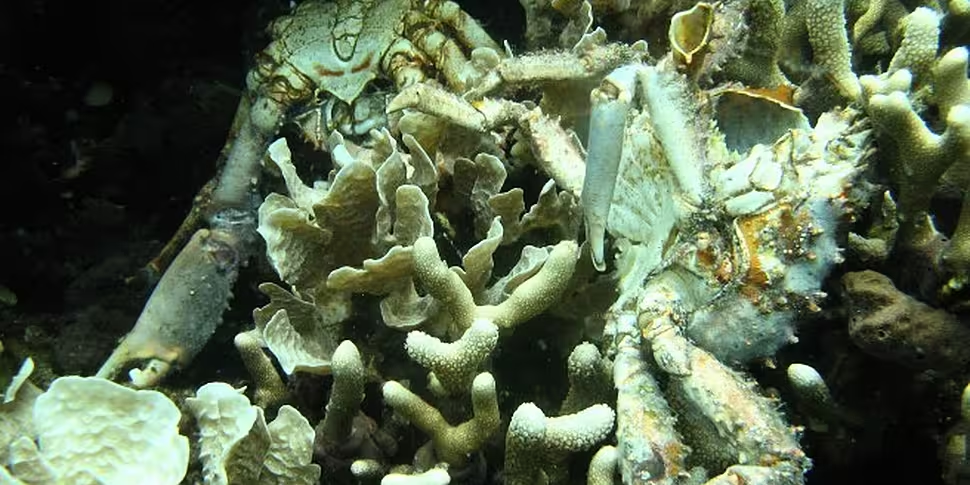The amount of water in the world's oceans without oxygen has more than quadrupled in the last half century, a new study is warning.
The study, published in the Science journal, highlights that a lack of oxygen in certain parts of the ocean is leading to so-called 'dead zones' - where the oxygen levels are so low that marine animals suffocate and die.
It also means that fish actively avoid the areas, leading to a reduction in the size of their habitats & leaving them more vulnerable to predators and human fishing.
According to the Smithsonian Environmental Research Center, "while some animals can thrive in dead zones, overall biodiversity falls".
Less extreme reduction in oxygen can also lead to problems, such as negatively impacting animals' growth & reproduction or the release of dangerous chemicals.
It can also impact human society as well, with dead zones having a knock-on effect on communities reliant on marine life for tourism or fishing.
Vladimir Ryabinin, executive secretary of the Intergovernmental Oceanographic Commission, explained: "Approximately half of the oxygen on Earth comes from the ocean.
"However, combined effects of nutrient loading and climate change are greatly increasing the number and size of ‘dead zones’ in the open ocean and coastal waters, where oxygen is too low to support most marine life."
Scientists argue that a three-pronged approach is needed to tackle the issue - by addressing the issues of nutrient pollution and climate change; by protecting vulnerable marine life through measures such as 'no-catch' zones; and by improving low-oxygen tracking worldwide.
Denise Breitburg, lead author of the study and marine ecologist with the Smithsonian Environmental Research Center, noted: "Tackling climate change [may] seem daunting, but doing it is critical for stemming the decline of oxygen in our oceans, and for nearly every aspect of life on our planet."









